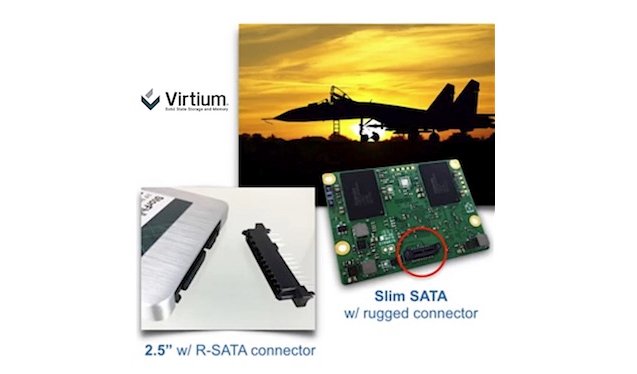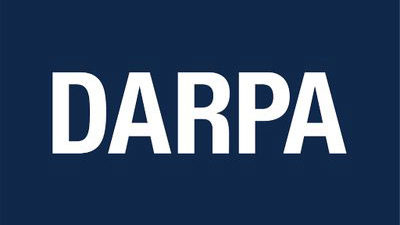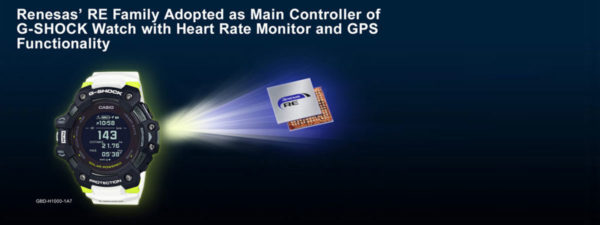Virtium introduced on Tuesday its StorKit software tools. A free, downloadable suite of software modules, StorKit unburdens system designers of the complicated process of qualifying SSDs, provides advanced drive-protecting technologies and enables those designers to take advantage of real-time monitoring and reporting of storage systems often deployed in remote locations and/or harsh environments.
StorKit modules include vtView, vtSecure and vtTools. vtView enables designers to analyze, qualify and monitor SSDs for improved reliability and longevity. vtSecure frees designers from the complex, time-consuming tasks of security protocols and programming. vtTools provides foundational software modules that designers can use for testing during design and qualification phases and for system regression, and for diagnostics within their designs. As it’s available as source code, designers can integrate the software into their applications seamlessly.

The software streamlines SSD qualification, and speeds the migration from single-level-cell (SLC) and multi-level-cell (MLC) to tri-level-cell (TLC) and future higher-density flash memory. StorKit also empowers engineers with tools to monitor SSDs deployed locally and/or remotely, and provides predictive maintenance alerts.
StorKit is comprised of ready-to-use software and an application programming interface (API) that interact with SSD-based storage systems.
The tool simplifies the development of software used to evaluate SSDs and perform drive diagnostics in industrial-embedded systems. StorKit monitors a SSDs’ expected data retention throughout their lives – it provides real-time, empirical data on drives’ conditions before and after the effects of heavy workloads, extreme temperatures and host software changes — while providing advanced drive-protecting technologies that secure crucial data.
These monitoring and data-protection features are particularly important to engineers designing for industrial computing, telecommunications, networking, transportation, medical imaging and diagnostics, energy, video surveillance, and military and aerospace applications.

“Traditionally, designers had to be fluent in solid-state storage, operating-system access and the intricacies of SSDs in order to develop software to properly evaluate, test or debug drives,” said Pho Hoang, director of software marketing at Virtium. “Through its array of software modules and API, StorKit removes those responsibilities, enabling designers to concentrate on their applications. Moreover, StorKit simplifies SSD qualification and migration to a new generation of flash based on TLC and beyond densities, while making possible thorough monitoring and side-by-side drive comparisons that generate easy-to-understand, highly relevant SSD data — notably a drive’s wear-and-tear and expected life.”
StorKit supports all Virtium StorFly SATA SSDs, as well as select models of the company’s TuffDrive and Secure Digital drives. StorFly NVMe SSDs are supported through the NVMe-CLI open-source software community. Unlike other SSD vendors’ software tailored to their own drives, various StorKit features can work with non-Virtium SSDs, enabling designers to more broadly assess their solid-state storage options.
StorKit is free of charge to Virtium customers who sign a software license agreement.




